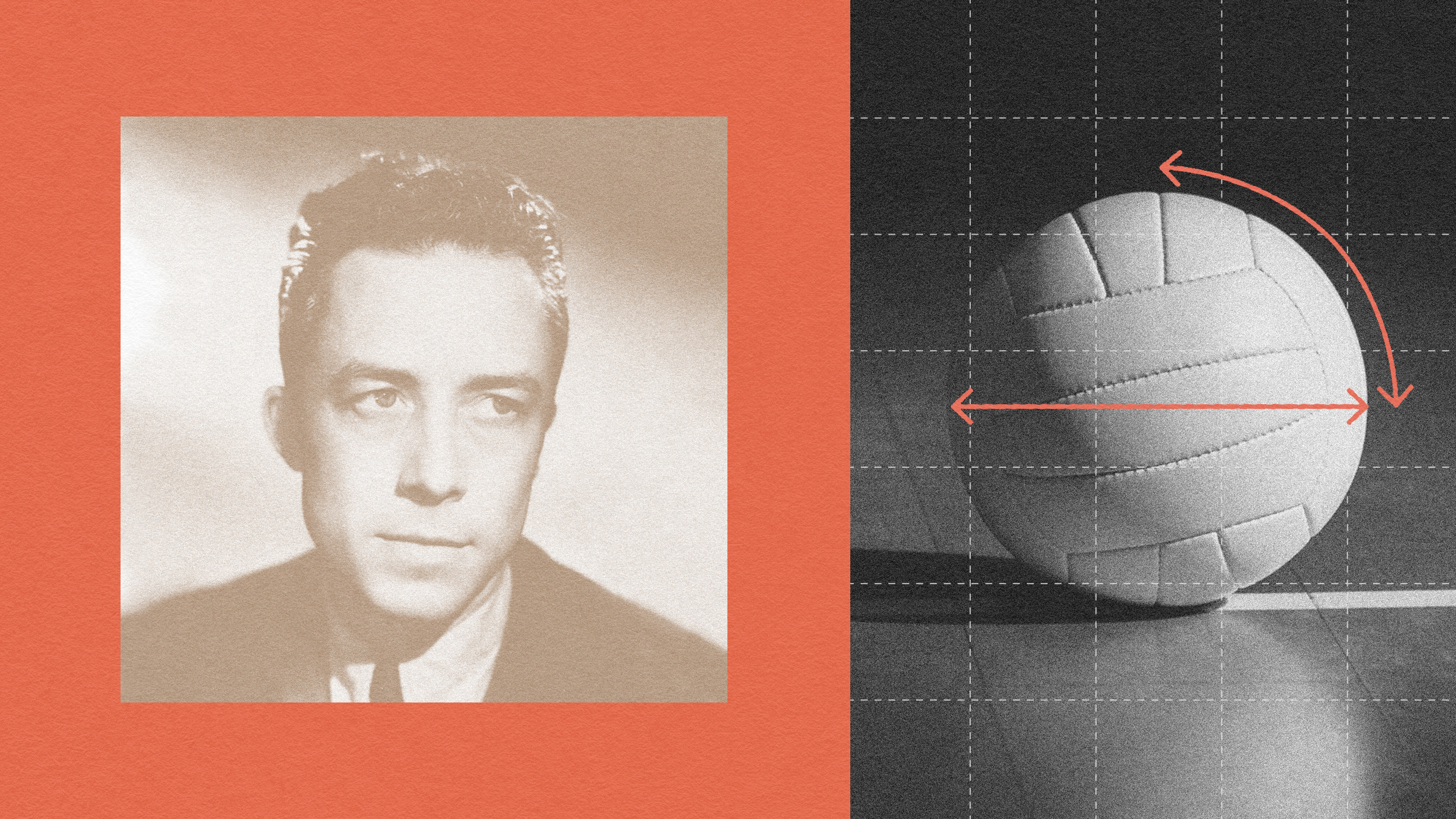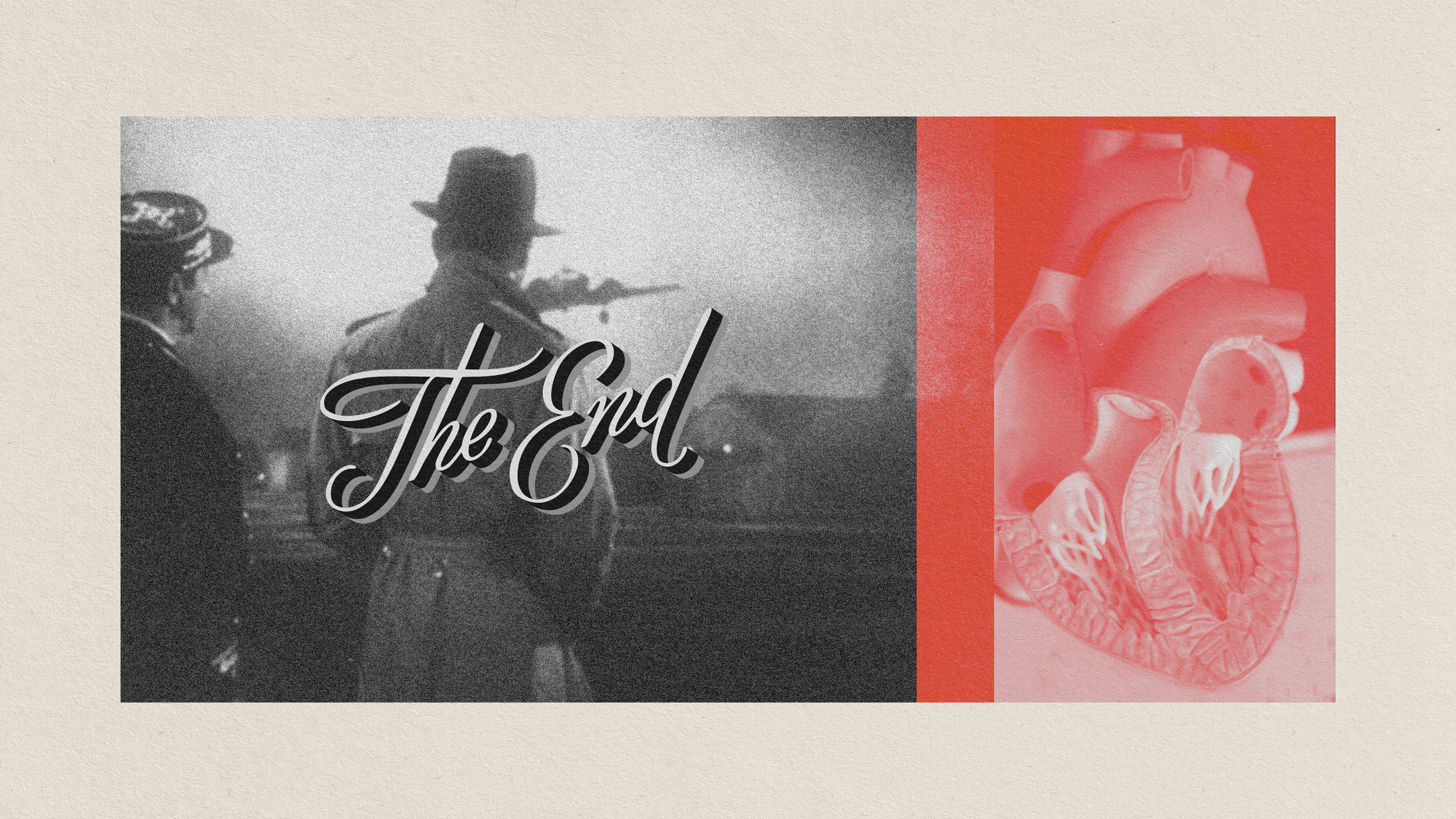Everyday Philosophy: Can you handle a Machiavellian colleague without becoming ruthless?

- Welcome to Everyday Philosophy, the column where I use insights from the history of philosophy to help you navigate the daily dilemmas of modern life.
- This week we discuss the fine balance between ruthlessness and ambition: When, if ever, should ruthlessness be stopped?
- To answer the question, we look at Niccolò Machiavelli and Erik Erikson.
Let’s say something strange happens at work; not necessarily anything illegal, but someone bending the rules for their own liking. Is there a line between ruthless opportunism and being bravely experimental, so to speak? Should we ever intervene?
-Emilia, FL
When I first started out teaching, I started with Aiden. Aiden and I were green and bushy-tailed, with a head full of pedagogies and an arm full of lesson plans. But Aiden had other kinds of plans as well. Bigger plans. Within two years, he moved jobs — with a better title and better pay. Two years later, he was the head of a department at a small school. After 10 years, I was still enjoying my first teaching job, while Aiden was headmaster somewhere with a resume made up entirely of two-year postings.
I think we’ve all known an “Aiden.” We’ve all known some “ruthless opportunists” in our lives, but we might call them something else entirely. Every workplace or organization has its careerists — the skyrocketing smooth-talkers who know when to pat a back and when to stab it.
In some ways, I admire Aiden. I respect his gumption and ambition. It’s wily, shrewd, and lucrative. But there seems to be something a bit distasteful about it: disloyal, exploitative, and selfish. So, where does the line fall? To help answer Emilia’s question, I’m going to call upon the philosopher of ruthlessness himself, Niccolò Machiavelli, and weigh his ideas against the psychoanalytic nous of Erik Erikson.
Machiavelli: Be good at your job
Machiavelli is one of the most famous philosophers in history. His biggest work, The Prince, ranks up there alongside Sun Tzu’s Art of War as the most quoted piece of philosophy. Machiavelli even gave his name in service to the cause. To be “Machiavellian” is to be ruthless and ambitious, with a hint of disapproval and a whiff of grudging respect.
The Prince is a guidebook for how to become an effective and successful ruler (which is not necessarily the same as being a good ruler). For the prince, the end will always justify the means. Trickery, cunning, intimidation, extortion, blackmail, and treachery are all fair game in pursuit of the “greater good.” But, in reality, it’s about the longevity and security of the ruler.
Machiavelli is often misunderstood. First, it’s not entirely clear whether his work is intended to be taken literally or as a satire — a swollen exaggeration of “Princehood” that’s laughable. Even if we don’t go this far, it’s true to say that Machiavelli was writing a practical tick sheet for a job. This was a feudal version of “How to Be a CEO.” This wasn’t about being a good person or even a happy person. This was about how to do a job well.
So, back to the question. Machiavelli would say that there are never grounds to “intervene” in a colleague’s “ruthless ambition” because they are simply doing their job and doing it well. To intervene would be no different from banning a football player for being too good or firing an employee for getting too many sales. The prince is ruthless because that’s what’s effective. And we should all try to be effective in our jobs.
Erikson: A life full of tension
The problem with this line of thinking is that it assumes we can easily hang up our “normal” self to take on a “prince” self in the workplace. It’s saying that when we walk into the workplace, we suddenly adopt some strutting, ambitious alter-ego. While some psychologists believe that life is a series of different stages, others argue that it’s hard to flip personalities so easily. Very few people can shapeshift with the ease of a snake shedding its skin. In other words, when you treat people cruelly or stab friends in the back, that eats at you in some way.
We owe the term “identity crisis” mostly to psychoanalysts like Erikson. For Erikson, our lives are defined by a series of different, conflicting values. In every stage of our lives, from infanthood to retirement, we’re pulled by two or more forces. For example, a teenager is pulled by the need to “exploit” their loving, nurturing home environment and the need to “explore” by setting off on their own and leaving the nest. A 14-year-old wants to cuddle their parents and have their clothes ironed, but they also want to stay up late with their friends and jump off that high diving board.
The middle-aged careerist is often caught in a similar crisis. For some, this mimics the teenager’s condition: Is it better to exploit and stay at the current workplace or explore by jumping ship for warmer climes? For others, the crisis is a moral one. To succeed, we often have to beat our peers. And beating our peers will not only risk upsetting them but also hurting them. The crisis is one of ambition versus kindness; self-promotion versus loyalty.
So, the person in Emilia’s question is likely suffering from some kind of conflict in values, but their Machiavellianism is winning out. In this case, there might be an argument to be made that “intervening” is a kind of…intervention. It might bring down to ground a colleague who has flown too high. It might help them find themselves when they’ve lost the plot. It’s definitely too grandiose to say it, but intervening might be saving their soul.
Get them on the sofa
But there’s a paradox at the heart of our question. If you intervene to stop your ruthless colleague, then that’s likely also an act of ruthlessness. If you cut away at their sprinting legs, that’s an act of aggression. If you burn their wings, you’re entering the Machiavellian cage match. The paradox is that you, then, have become the ruthless one.
In the end, I think the only way out of this one is to put Emilia’s colleague on the sofa. I tend to agree with Erikson’s point that most people have some kind of identity crisis or moral anguish. It’s hard to be ruthless without being friendless. But that is not for Emilia to decide. “I’m doing it for your own good” is often a euphemism for justifying a behavior you want to do anyway. Perhaps any intervention should not be a corporate one: Do not report it to HR or your line manager. Perhaps intervene as a friend: “Are you okay, mate?” or “How much are you getting to see the family these days?” (Or, perhaps something a little less on the nose.)
If they snub that and laugh you down? Well, then it’s game on and knives out.




